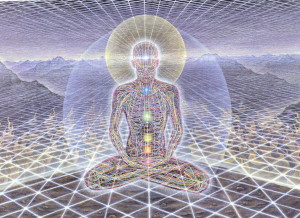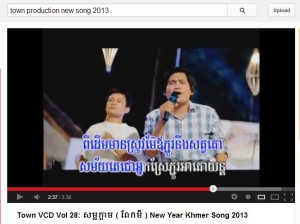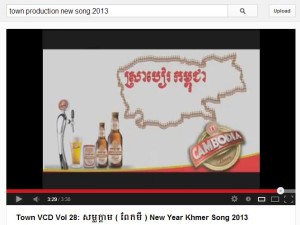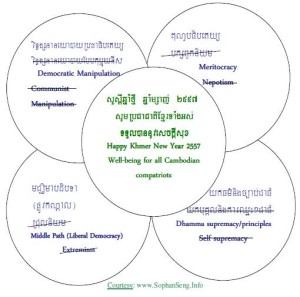Vision is a very significant composition for leaders. Leaders who lead without vision is like a blind man walking in a dense jungle. Visionary leaders should exercise their vision in a right way rather than only having the vision in mind. But when we link to a lust for power and absolute ruthlessness quoted by Oksenburg, it is hard for me to assume what type of vision this leader should cultivate. However, I still stand on a right vision as the most important part for leaders before they prepare for the game of a lust for power and absolute ruthlessness.
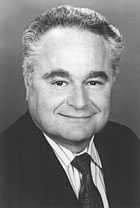
Our transitional modern world moved forward tremendously with egalitarianism dominant of idea and change. This new coming trend tends to monopolize socioeconomics, politics, language, philosophy and culture in our social movements. There are large flows of convergence as well as new emerge of challenging divergence. In socioeconomic, there are larger scales of investing owned by one or two giant companies transnationally implemented. International political arena is gradually binding firmly together such as European Union or Southeast Asia plus three etc. Language is absolutely becoming one standard in communication with all aliens; and we can say English is presently universal tongue. Philosophy would be thoughtful focusing on humanitarian, sharing, toleration and empathy. This insightful thought inevitably treads on the way of moderation, negotiation and middle path. Culture seems to be less diverse that it becomes a new figure embodying the third culture product in which people create from their understanding and respect. The above few social compositions exhibit the convergence rather than divergence, but it is just the waves of flow and we cannot fathom the silent movement beneath those flooding waves.
This new emerge fascinatedly requires political leadership to handle and reframe it. For political leadership in here, politically corrected, I don’t mean to refer to those political professionals, but to those responsible leaders.
Oksenburg, who was specialist in China and former president of East West Center, laid out some idealistic formulations on leaders and leadership that include:
- A lot of lust for power
- Absolute ruthlessness
- Vision
- Many followers
The above concepts, Oksenburg intentionally referred to Chinese leaders only. But as we can see from our observation, these four concepts should characterize every leader regardless of their geography, tendency or power nature. However, some of them are my favor and some are not.
A lot of lust for power would be good if that power is legitimately gained and productively implemented. This reflects the abilities to compete fairly in the game of power with others. Those who win with unwholesome tactics, their power would be inescapably retaining hostility and becoming future lame in their leadership sphere. Furthermore, when they gain power they will absolutely utilize it to control or jeopardize opponents. Their power is naturally absolute in the political stage which always leads to totalitarianism. So speaking directly without having judgmental sense, Oksenburg intended to tell us that leaders should have a lust for power in a fair game.

